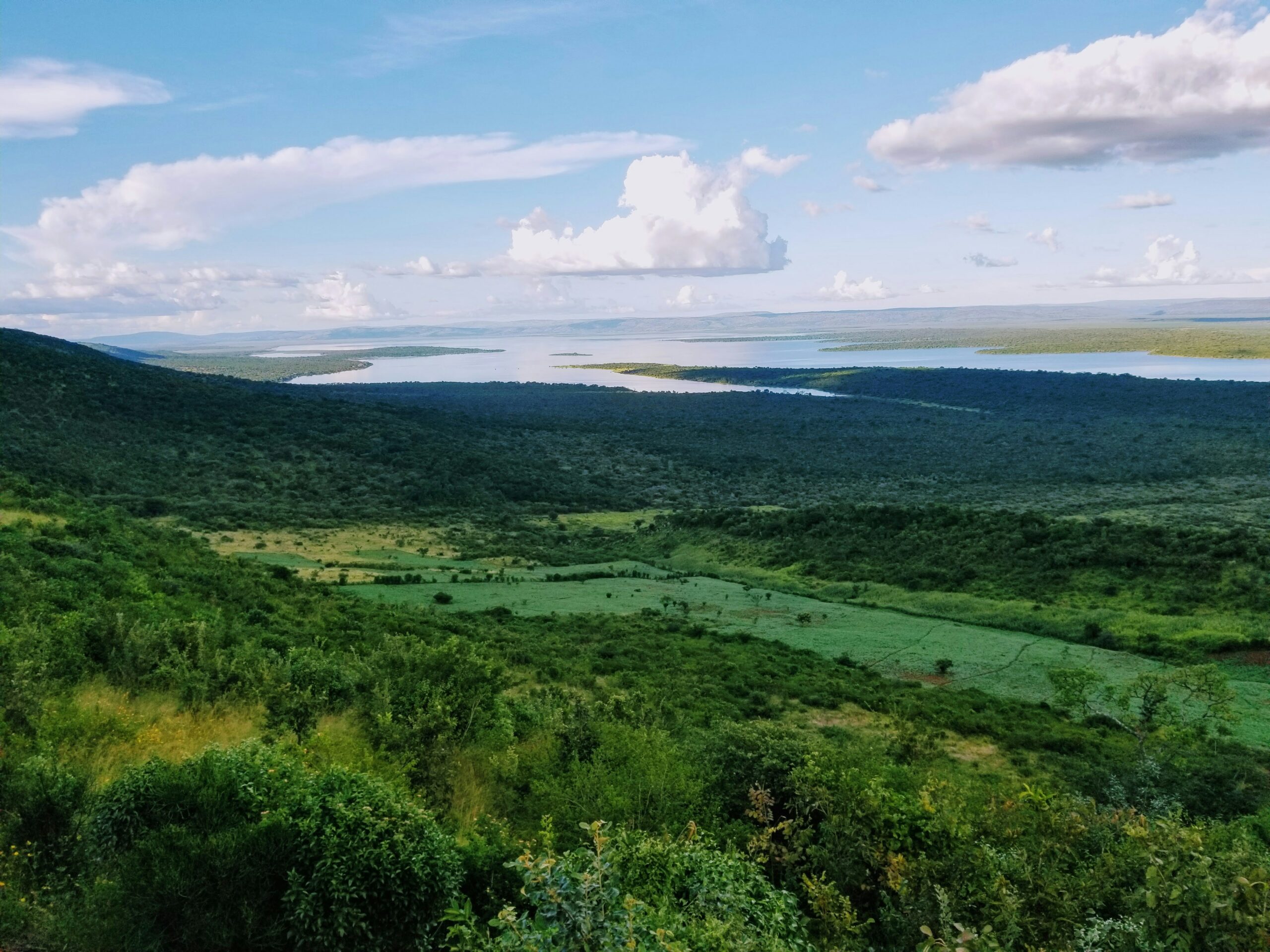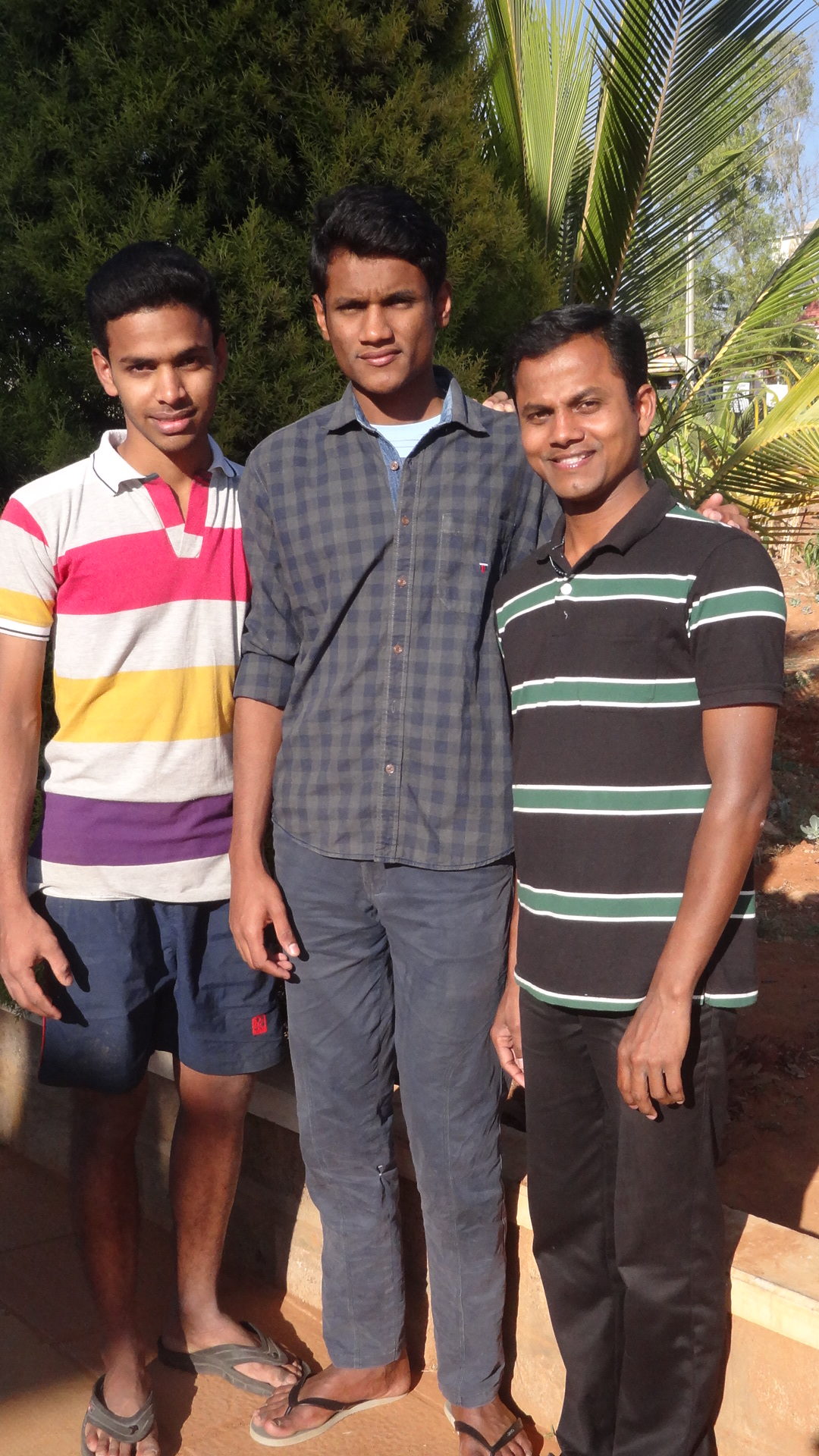This is a short story, “Environmental preservation in Rwanda.” It was written by ABAYISENGA Destin from Rwanda. It talks about introduction to ecology, role of youth in preserving the environment and some organizations in charge of environment in Rwanda. This is Rwanda’s first contribution to our reflection on the environmental problem that our website GiovaniBarnabiti.it is preparing for COP30 / Belem 2025.
INTRODUCTION:
Ecology is the study of how living things interact with each other and with their environment. This story introduces fundamental concepts in ecology with a particular focus on organisms and their environment, role of youth in preserving our environment, different ways of taking care of our environment. Organisms depend on and are influenced by the environmental factors including abiotic (non-living factors such as water, temperature, humidity…) and biotic (living factors such as animals, plants…).
ROLE OF YOUTH IN ENVIRONMENTAL PRESERVATION IN RWANDA:
Environmental preservation is vital for sustainable development and the youth have crucial role in achieving it. As future generations, their participation in environmental conservation is essential to ensure a sustainable future. This study aims to investigate the role of youth in environmental preservation and the impact of their participation in society.
• The findings indicate that the youth have a high level of awareness of environmental preservation and strong desire to participate in conservation activities such as recycling, planting trees, cleanness drive and energy conservation using land fill for keeping wastes, upcycling, re-using and reduce the waste products.
• Young people play essential role in protecting the environment as they have positive impact on environment and contribute to a sustainable future by being involved in community-based activities, speaking out for sustainable practices like making terraces, avoiding over-grazing, planting anti-erosive plants to prevent soil erosion as the removal of top soil by water, wind, animals, etc.
• In Rwanda, the young people play vital role in preserving the environment through reduce, re-use and recycle, where they educate people for hygiene in the community, conserving water, planting trees and choosing sustainable places.
• Preserving the environment through environmental service project ideas like planting trees where you consult your local environment authorities to determine the type and number of trees needed as well as the location for planting.
• Meet on a monthly basis and clean community space or road side area as youth to maintain hygiene as a mean of preserving the environment where this inspire others by sharing ideas about re-usable water bottle, changing to energy saving light bulbs, etc.
Apart from the role of youth in environmental preservation in Rwanda, they are different organizations and projects that help in preservation and conservation of environment as highlighted below:
• Ministry of Environment (MoE)
• Rwanda Forestry Authority (RFA)
• Rwanda Land Management and Use Authority (RLMUA)
• Rwanda Mining, Petroleum and Gas Board (RMPGB)
• Rwanda Environment Management Authority (REMA)
Youth have crucial role in preserving our environment especially through avoiding pollution especially water pollution because this destroys our environment.
• In Rwanda young people have great influence on protection and preservation of the environment through maintaining the agricultural products and participating in harvesting food crops.
AS CONCLUSION:
• Ecology as the branch of Biology that studies organisms, environment and how it interacts with each other where preserving our environment means the way of taking care of our environment, youth have crucial role in preserving our environment especially through avoiding pollution especially water pollution because this destroys our environment.
• Different organizations and projects that help in preservation and conservation of environment in Rwanda are key aspects that helps in conservation and protection of environment in Rwanda.
BY DESTIN ABAYISENGA, (EASTERN PROVINCE / GATSIBO DISTRICT / MUHURA SECTOR)
Photo by Andrew Molo by Unspalsh



